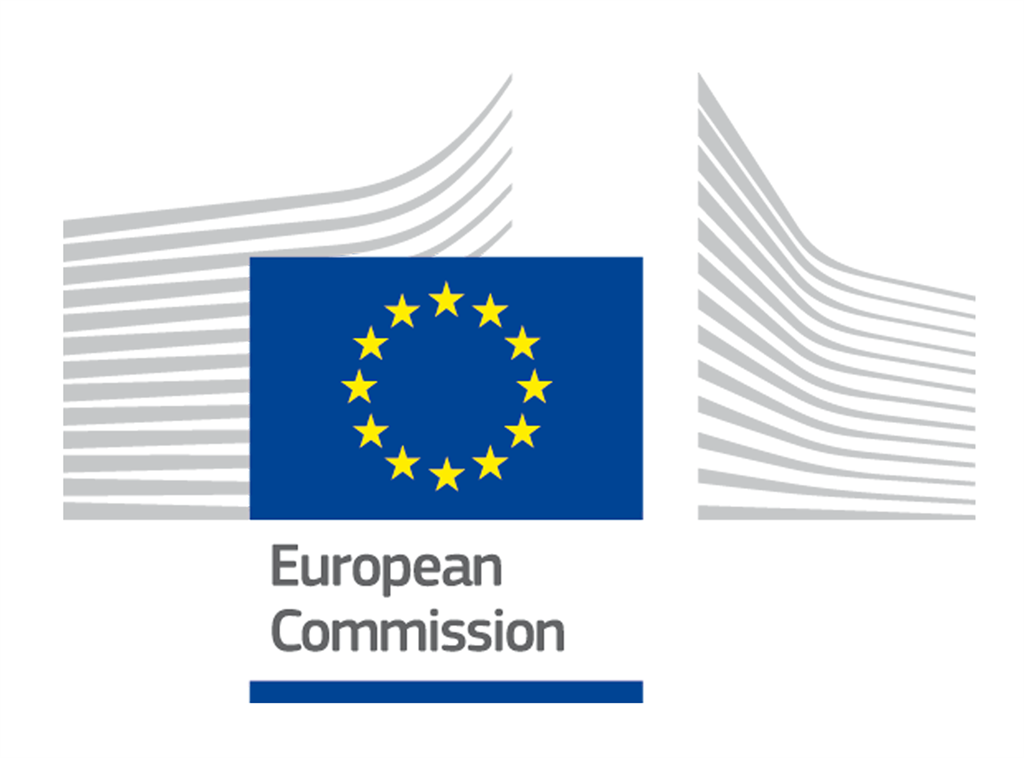Community / Land projects / Seventh Operational Phase of the GEF Small Grants Programme in Kazakhstan
Seventh Operational Phase of the GEF Small Grants Programme in Kazakhstan

€1614214.759
08/22 - 08/22
Completado
This project is part of
Implementing Organisations
Donors
Data Providers
Objectives
To empower local communities and organizations to take integrated and adaptive actions for socio-ecological resilience and sustainable livelihoods in the seven target landscapes for local and global environmental benefits
Other
Note: Disbursement data provided is cumulative and covers disbursement made by the project Agency.
Target Groups
SGP-OP7 is designed to achieve global environmental benefits (GEBs), as well as local benefits, in land degradation and climate change mitigation and adaptation. The project will contribute to the GEF’s Land Degradation focal area Objective 1 Support on the ground implementation of SLM to achieve LDN. It will restore approximately 15,000 ha of degraded agricultural land, will bring approximately 10,000 ha in target landscapes under improved practices, and promote landscape level planning and management in seven (7) target regions of Kazakhstan. On land degradation, the project will address erosion, desertification and deforestation through (i) Improved provision of agro-ecosystem and forest ecosystem goods and services (through dissemination of knowledge on agro-ecology and improved grazing/livestock maintenance); (ii) mitigated and avoided greenhouse gas emissions and increased carbon sequestration in production landscapes (reforestation, increasing plant coverage, conservation tillage). The project will also seek the sustainable mitigation of greenhouse gases (GHGs) through project interventions that promote: (i) introduction, application and dissemination of energy efficient technologies; and (ii) Increased use of renewable energy (solar, wind). The project aims to support 15,000 direct beneficiaries of rural and peri-urban communities to increase the social, ecological and economic resilience of the seven target landscapes through community-level small grant interventions aiming at (i) conservation of land and water resources and promotion of climate adaptive solutions, with a focus on the agro-ecosystems that many rural communities rely upon and (ii) adoption of RE and energy efficient technologies and solutions. The project recognizes that there will be little uptake of sustainable practices unless and until beneficiaries can see socio-economic benefits as a result. For that reason, the SGP is anchored on principles to enhance livelihoods whether it is through demonstrations, trainings, alternative livelihood opportunities or access to markets and loans. A few of the new themes for future products include extension communications for small farmers. In that regard, the project will seek synergies with relevant ongoing government support/subsidy programs (e.g. the Sybaga livestock development program, drip irrigation, sustainable fish farms, fish farming using a closed water system, cage farming, fish processing and final fish product production, agrotourism development, etc.), National Management Holding “Baiterek” or DAMU Fund in leveraging state funding for upscaling of community-based projects. The project will build capacities of CBOs, small holder farmers, individual entrepreneurs on (i) good and sustainable agroecological practices and systems (including agroforestry) in partnership with experienced NGOs and experts, extension services, local government departments, academic/research institutions, (ii) cost-effective energy efficient and renewable solutions, including for productive use (drying, heating, pumping, lighting, etc.); (iii) rules and requirements of existing state support programs of regional and rural district akimats; (iv) how to fill in and submit documents to NUM Baiterek or DAMU for state financial assistance.



